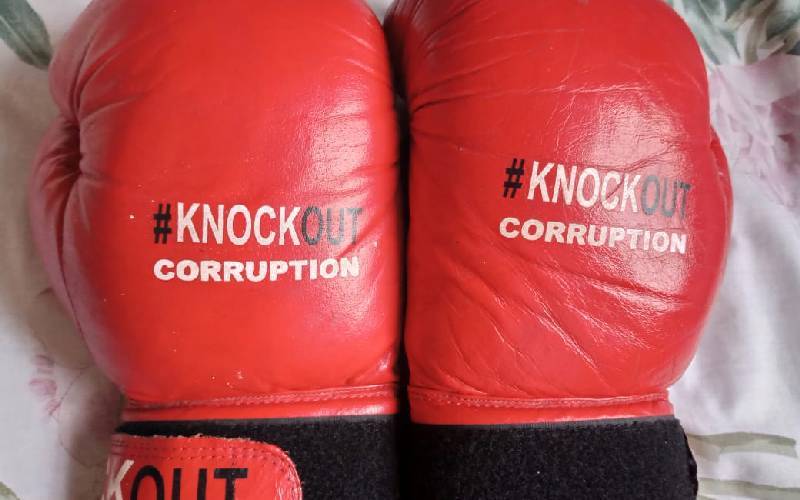×
The Standard e-Paper
Fearless, Trusted News

When you listen to younger Kenyans just starting out in the job market talk about the tax regime, you get the impression they are not so enthusiastic about paying taxes.